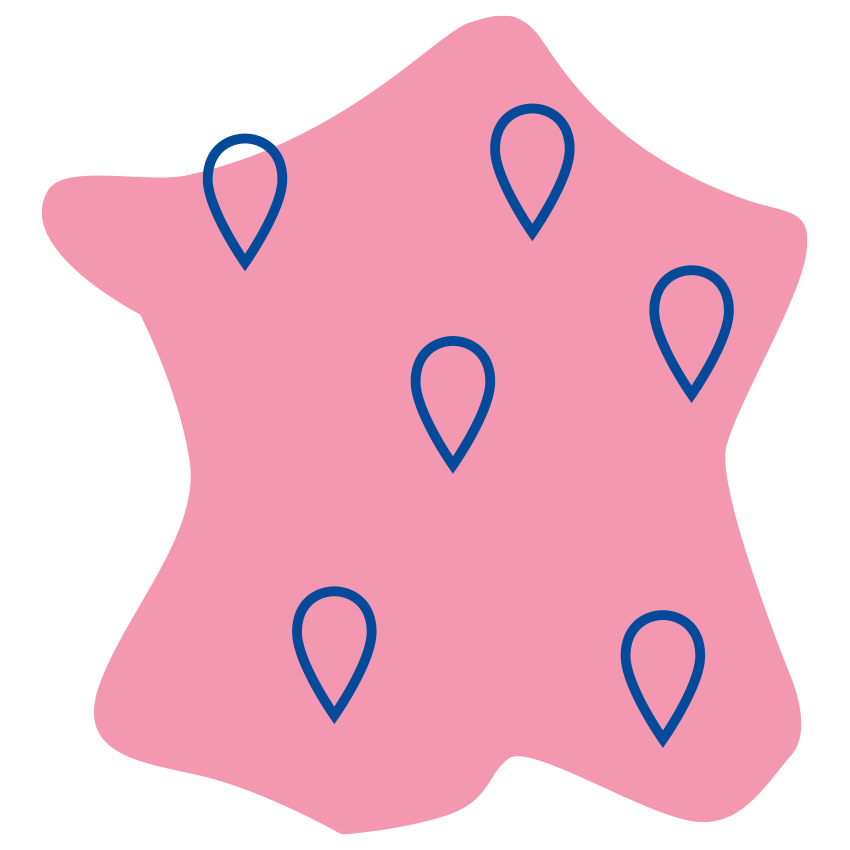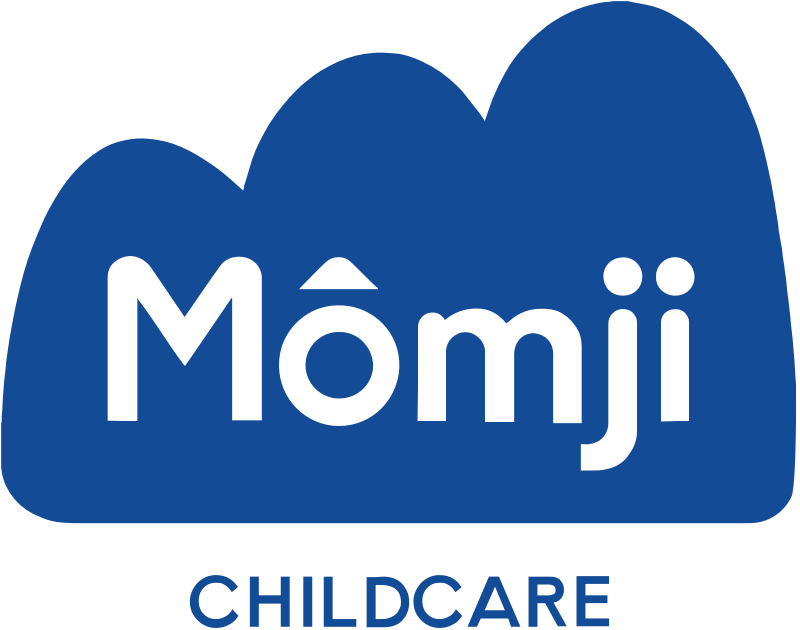Working in Paris or any other major French city is an extraordinary opportunity to learn more about French culture, but before you start, it is important to learn about the French work world.
Starting your professional life in France gives rise to many questions: what are the customs and practices among colleagues? What documents should I bring to a job interview? What does a French resume look like?
Mômji answers the 10 most frequently asked questions about working in France and gives you all the answers!

1) In order to apply for the different offers, you will need a CV but not just any CV: a French CV! Although it is not mandatory, many employers are still "old school" and prefer CVs that include a photo of the candidate! This practice is common in France and can help you stand out from other international candidates.
2) Once your CV has been "Frenchized", the next step is to find out where to apply! Some international companies have subsidiaries in France or have established themselves in the French market. If you want a real French experience, Pôle Emploi will be a gold mine! If you are a European citizen, you just need to show your identity card. If you do not have a European identity card, you will be asked for your valid residence permit.
3) CDI? Part-time contract? CDD? Interim? Alternance? France has several types of employment contracts, all with very specific names that you need to know how to navigate. Look into the differences, especially in terms of hours and salary, and be careful to apply for the type of contract that best suits your needs.

4) The SMIC or minimum growth wage is the legal minimum amount per hour that an employee must receive. In France, it is €10.57 per hour. Your salary cannot be below this level but can increase according to your skills, experience and the sector in which you work.
5) Your salary will generally be monthly. In France, there is a difference between your gross and net salary (or net payable). The gross salary is the basic salary, set by your employer, to which can be added overtime, bonuses and other benefits. From this amount, employee contributions (for health insurance, retirement and professional training, for example) are deducted. To obtain your net salary, you must therefore deduct the employee contributions from the gross salary.

6) Working in France without knowing the language can quickly become complicated. But don't panic, if you are applying in large cities like Paris or Lyon, a few words in French will be enough. Some companies, like Mômji, don't even require you to know how to speak French and your knowledge of your native language is celebrated!
7) You've found the perfect offer, but one question still nags at you: "How do I get a work permit?" In order to legally work in France, you need this document without which you will not be able to sign an employment contract. Some long residence permits allow you to work in France, so you will not need a work permit. EU citizens from European countries, Switzerland and Monaco, among others, are also exempt from obtaining this document. If you are not from one of these countries, it is up to your future employer to prepare the file that will be submitted by the employee.
8) In France, medical coverage is almost entirely financed by social security. When working in France, you will probably have the opportunity to take out a "mutuelle" or company health insurance plan. Your expenses will be totally or partially reimbursed: the contribution (deducted from your gross salary) will be shared between you, the employee, and the employer. The employer will have to pay 50% (at least) of the contribution.

9) Once you start working, you are entitled to paid vacations regardless of your type of employment contract. You are entitled to 2.5 days of vacation for each month you work for the same employer. This corresponds to 30 working days (5 weeks of paid leave) for a full year of work. RTT is different from paid leave: it is an allocation of full days or half days of rest for an employee working more than 35 hours per week. RTT are independent of paid vacations.
10) And finally, public holidays! In France, several public holidays are mandatory for different companies and sectors. There are at least ten of them per year. These can be associated with “des ponts”, days not worked between a public holiday and a weekend for example. These “bridges” are very common in schools and therefore lead parents to take days off if their company cannot close that day or to call on their Mômji nanny to take care of the children!
Working in France is so much easier when you are accompanied! That's why Mômji works to make it as easy as possible for our nannies to find the perfect family to work with: during the application stage, no CV is required, speaking French is not mandatory and you are accompanied throughout your Mômji experience!
Now that you know more about working in France, you are ready for your new adventure in France!




